
- Article
- Article
How can we prevent violence?
Evidence shows that strategies to prevent some types of violence can be very effective, while other, less well-acknowledged forms continue unabated. But hope can still guide us into a more peaceful future.

- Article
- Article
What is violence?
Criminologist Laura Bui explores her early understanding of violence and outlines its definition and wider consequences.
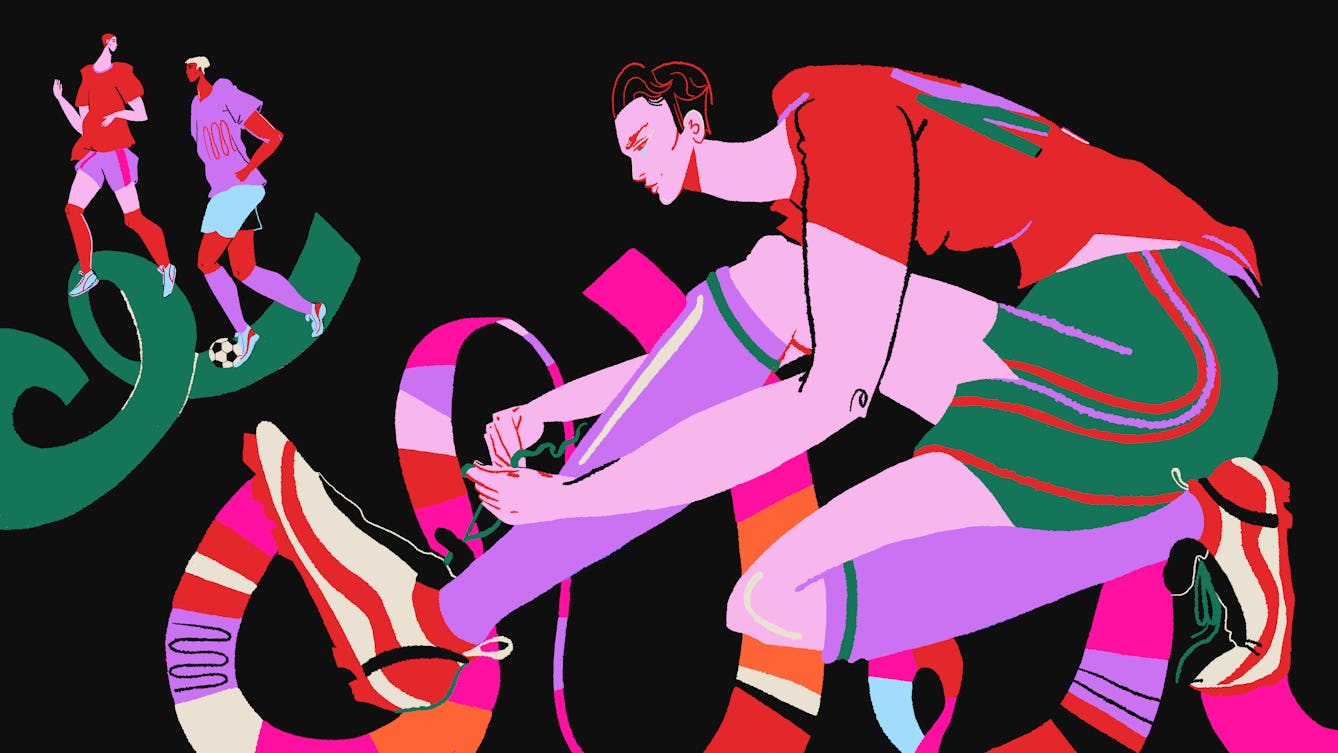
- Article
- Article
Rediscovering a love of the game
Sexism and homophobia in football prompted Lara Goodwin to stop playing the sport at 19. Today, while discrimination in the game is still rife, Lara has found hope – and like-minded players – in an inclusive east London club.

- Article
- Article
Society, not Covid-19, makes us vulnerable
Rick Burgess coped with the death of his mother in February 2020 by immersing himself in the task of protecting his community from Covid-19 and challenging the government's failure to protect and support elderly and Disabled people during the pandemic.

- Article
- Article
A walk through other people’s expectations
The steep path isn’t the only thing Caroline Butterwick has to navigate on her Lakeland hike. Always aware of other people’s expectations, she continually monitors how her disability might seem to strangers.

- Article
- Article
Why are women more willing donors than men?
Why is there a gender imbalance when it comes to the donation of organs, blood and tissue, and what can be done about it?

- Interview
- Interview
Inside the minds of A R Hopwood and Honor Beddard
The curators of ‘Smoke and Mirrors’ reveal the stories behind the exhibits, and the intriguing truths the show confronts us with.
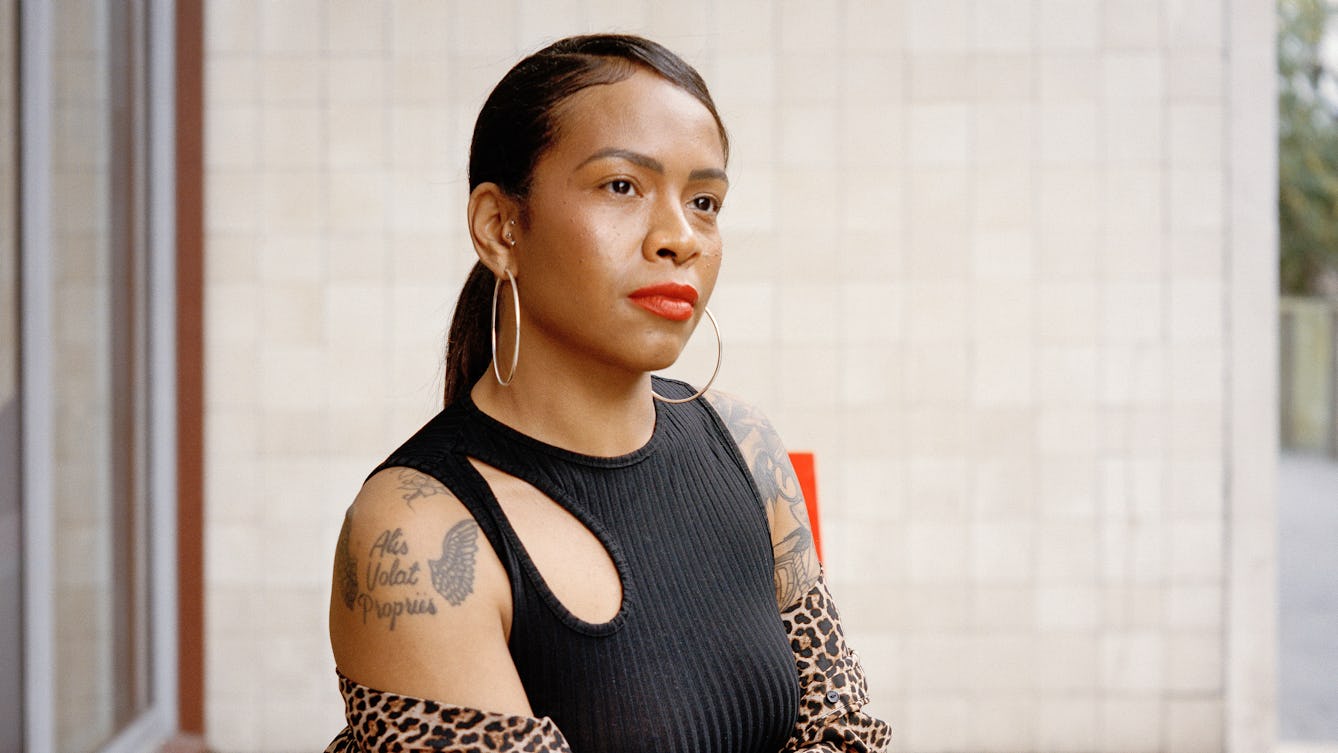
- Photo story
- Photo story
’No you’re not’ – a portrait of autistic women
In this sensitive series of portraits and interviews, photographer Rosie Barnes acknowledges the voices and experiences of autistic women.

- Article
- Article
How electromagnetic therapy inspired me
Poet Sarah James explores how repetitive transcranial magnetic stimulation treated her depression and influenced her art.

- Article
- Article
Maladaptive daydreaming, gender myths and me
Can you daydream too much? Excessive daydreamer Laura Grace Simpkins reflects on studies into “maladaptive daydreaming” and asks why so few fellow dreamers seem to be men.

- Photo story
- Photo story
A portrait of me with my mother
A series of portraits with stand-in mothers helped Camilla Greenwell to process her grief, and then to question whether our photograph albums are ever really honest.

- Long read
- Long read
Healthy scepticism
Healthcare sceptics – like those opposed to Covid-19 vaccinations – often have serious, nuanced reasons for doubting medical authorities.

- Article
- Article
Spanish flu and the depiction of disease
The Spanish flu pandemic of 1918 killed many millions more than World War I did. Find out why contemporary artistic depictions of its devastating impact are so rare.
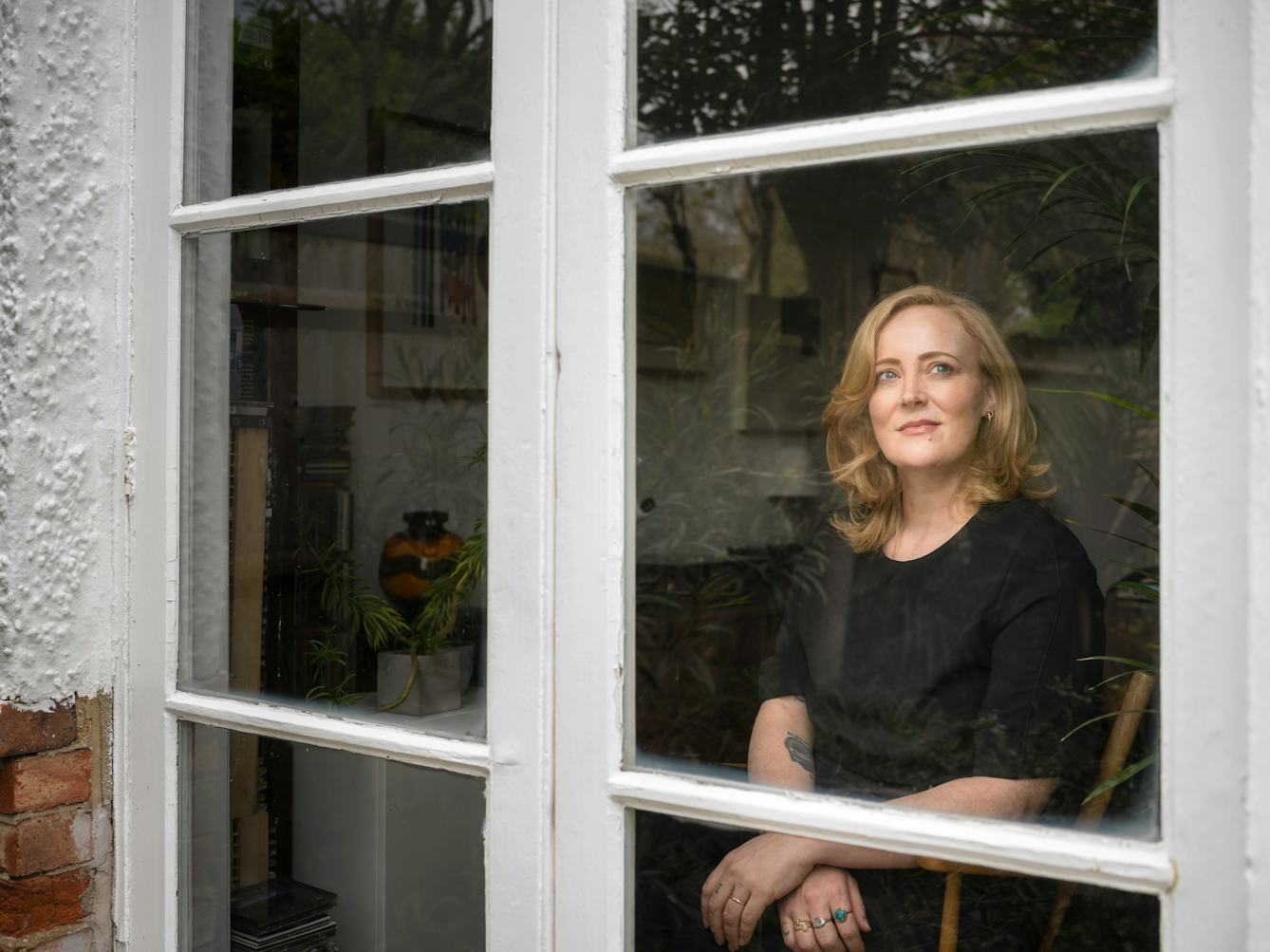
- Book extract
- Book extract
Surviving the storm of postnatal depression
Emma Jane Unsworth lays bare the despair of postnatal depression and shares her route to recovery.

- Article
- Article
How to play on the District line between Stepney Green and Embankment
From the crossword to the smartphone, distractions for the commuter relieve the tedium of crowded, dull journeys. Game designer Holly Gramazio delves into the world of games for trains.

- Article
- Article
Drugs in Victorian Britain
Many common remedies were taken throughout the 19th century, with more people than ever using them. What was the social and cultural context of this development?

- Article
- Article
Pain, politics and the power of photography
Art historian Giulia Smith explains what she most admires in the work of Jo Spence and Oreet Ashery, and how their approach makes illness political.

- Article
- Article
A history of twins in science
For thousands of years, twins have been a source of fascination in mythology, religion and the arts. Since the 19th century, they have also been the subject of scientific study and experimentation.

- Interview
- Interview
Inside the mind of George Vasey, co-curator of Misbehaving Bodies
Discover how curator George Vasey honoured the approaches of Jo Spence and Oreet Ashery, who mischievously subvert clichés around illness and death.
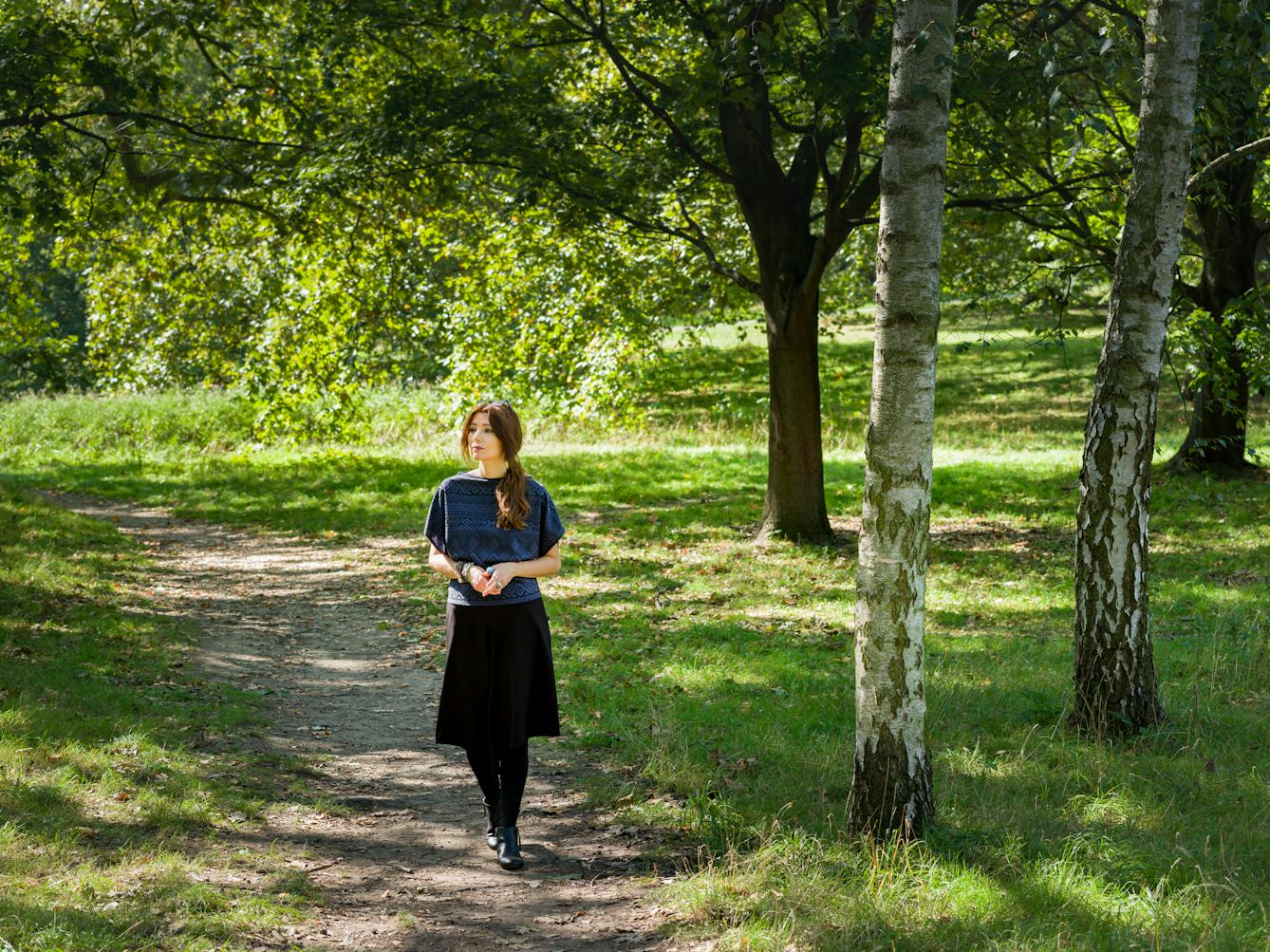
- Book extract
- Book extract
How stories bring us together
Elif Shafak considers how hard it is to be heard in our divided world, but how listening can nurture wisdom, connection and empathy.

- Article
- Article
When self-deception becomes global hoax
Being deceived isn’t always a case of believing someone else’s lie. Experiments have shown that many of us can be manipulated into accepting our own fictions as true.

- Article
- Article
Do good mothers make good democracy?
To be psychologically fit for democracy, one distinguished paediatrician argued that you need a ‘good enough mother’ – and that we must acknowledge the bad side of our feelings.
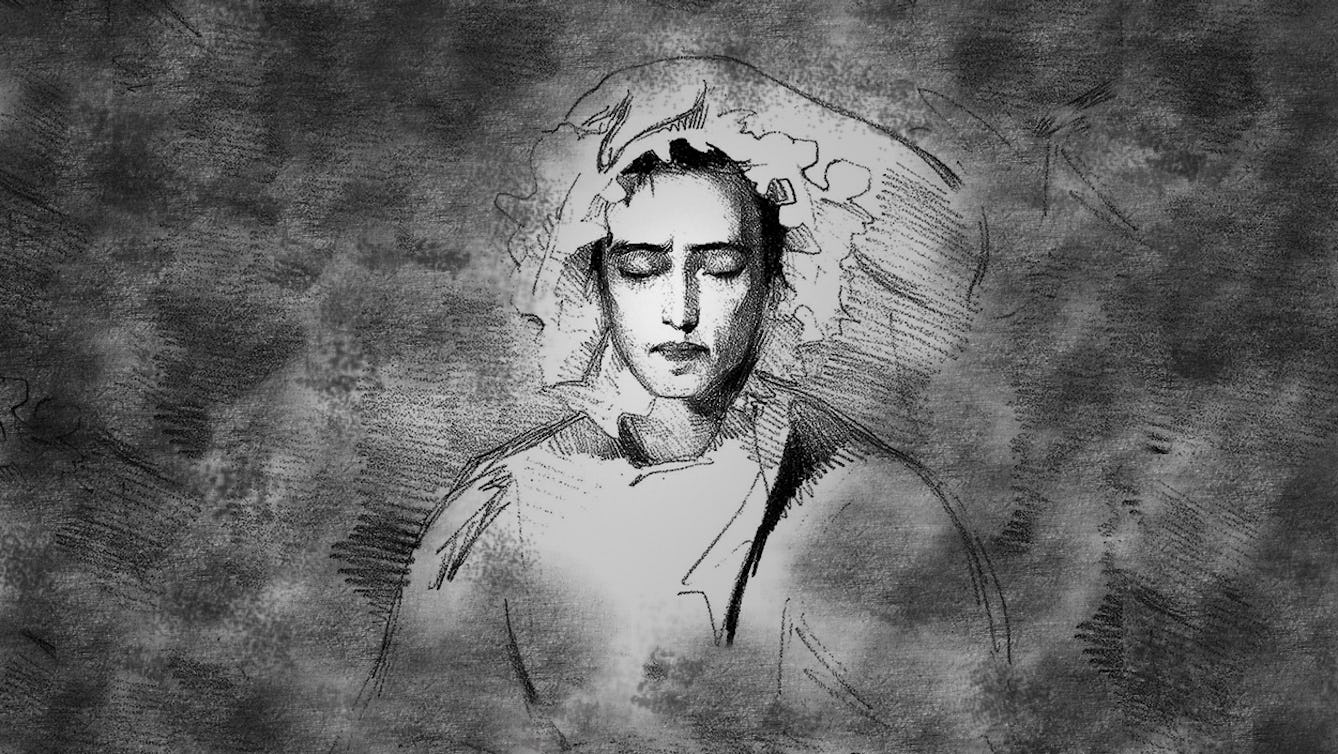
- Article
- Article
A Drop in the Ocean: internal reality
This immersive audio piece was designed to give listeners a greater understanding of psychosis, something that’s hard to explain in words.

- Article
- Article
Is fake news killing fictive art?
Parafictional artists create projects where the imaginary interacts with real life. But the growth of so-called ‘fake news’ is providing a new challenge.

- Article
- Article
“People see the disability but forget the ability”
I’m a disabled Asian woman, and mother of four. I’m trying to show people that we have to talk about disability if we want things to change.